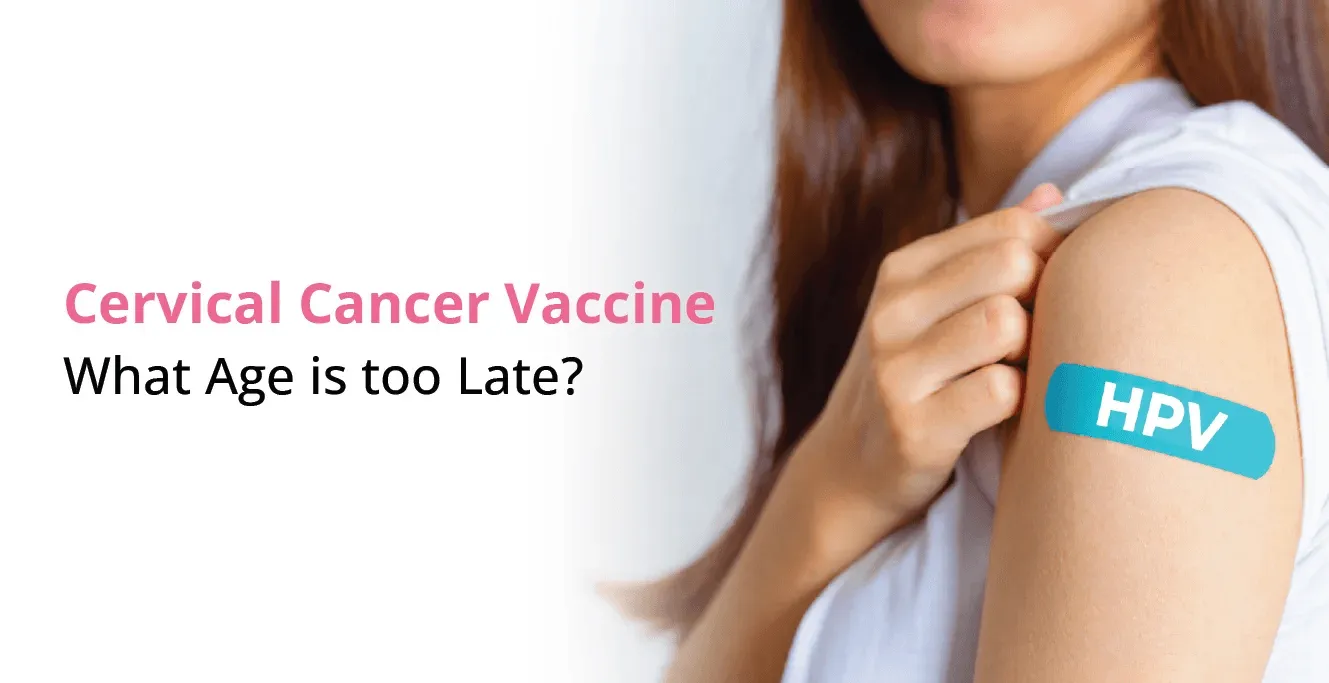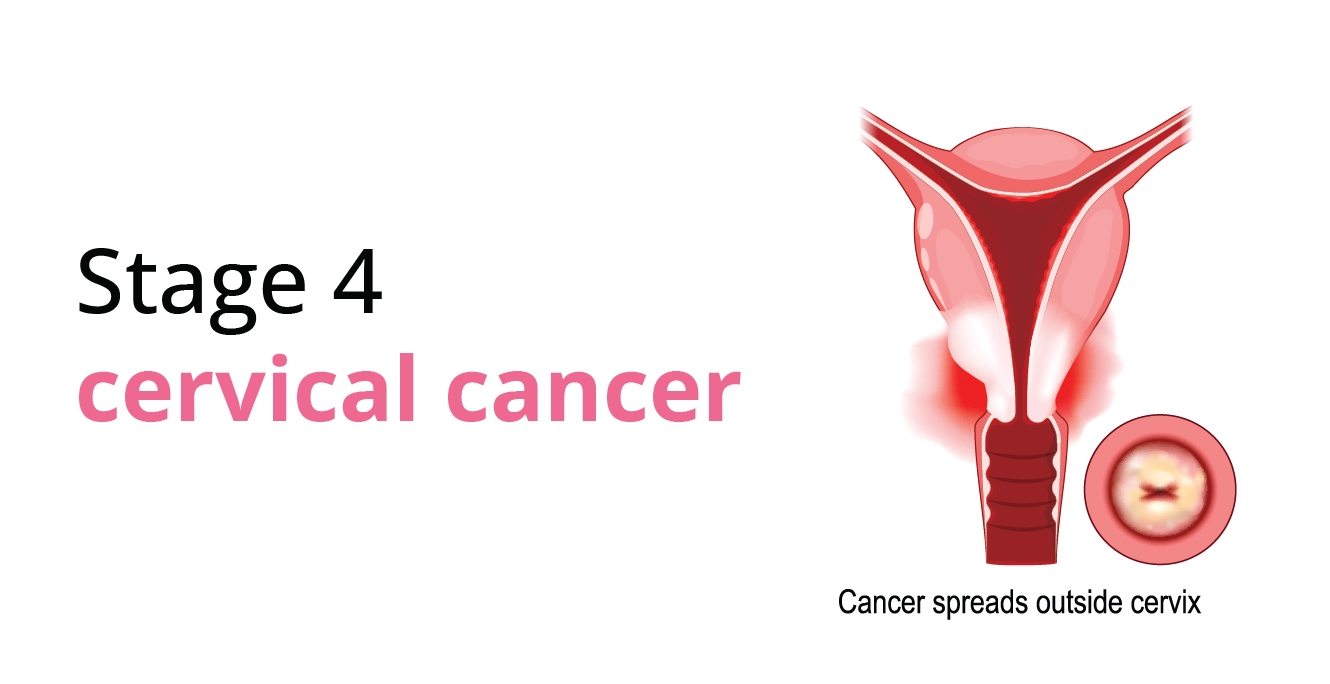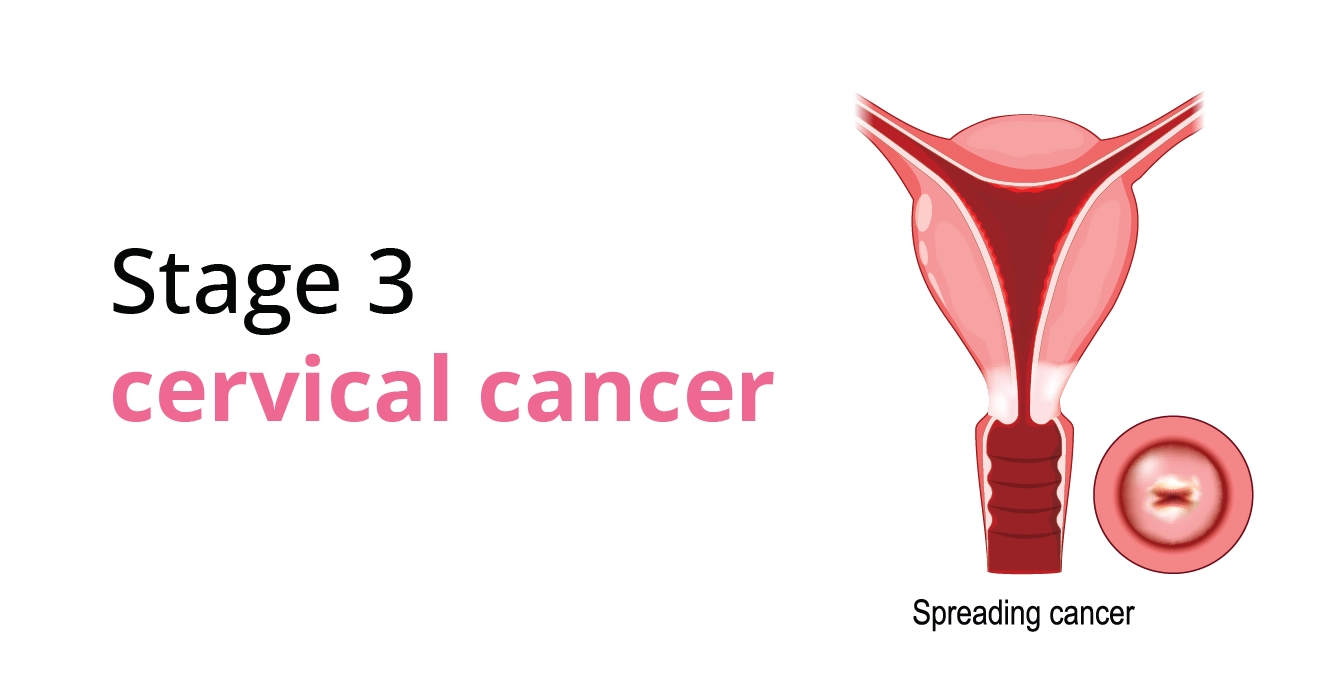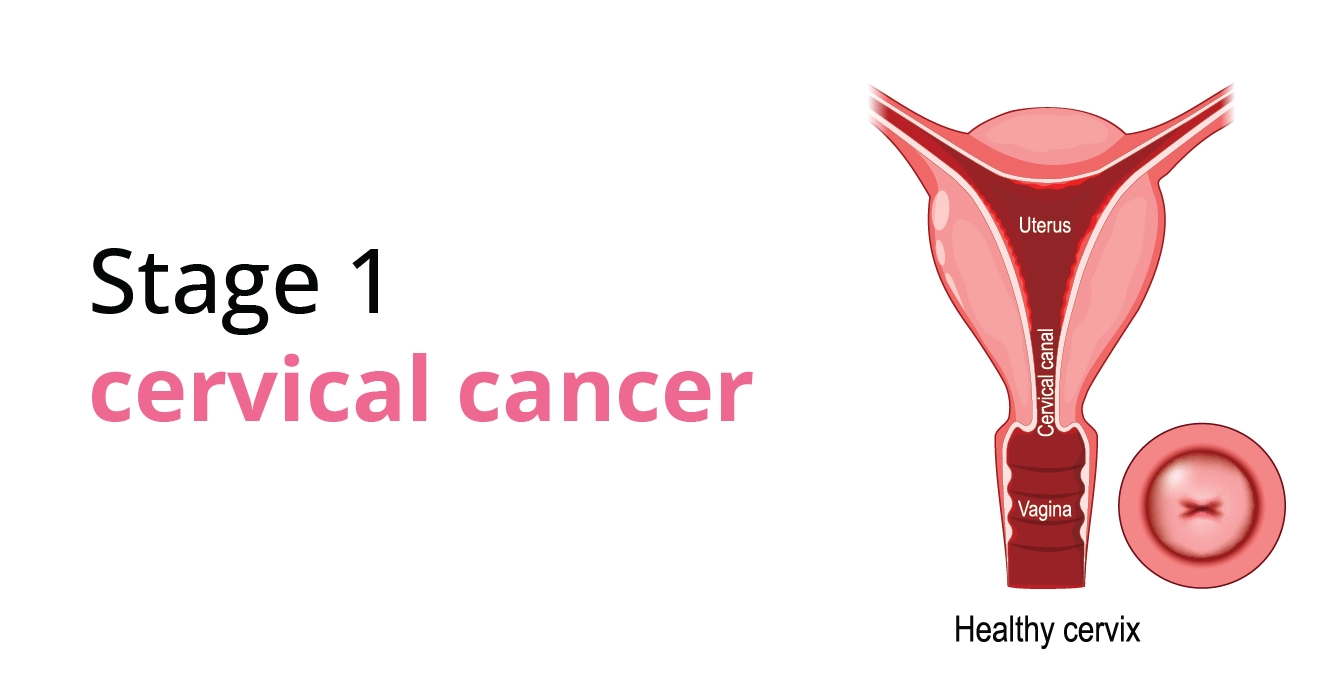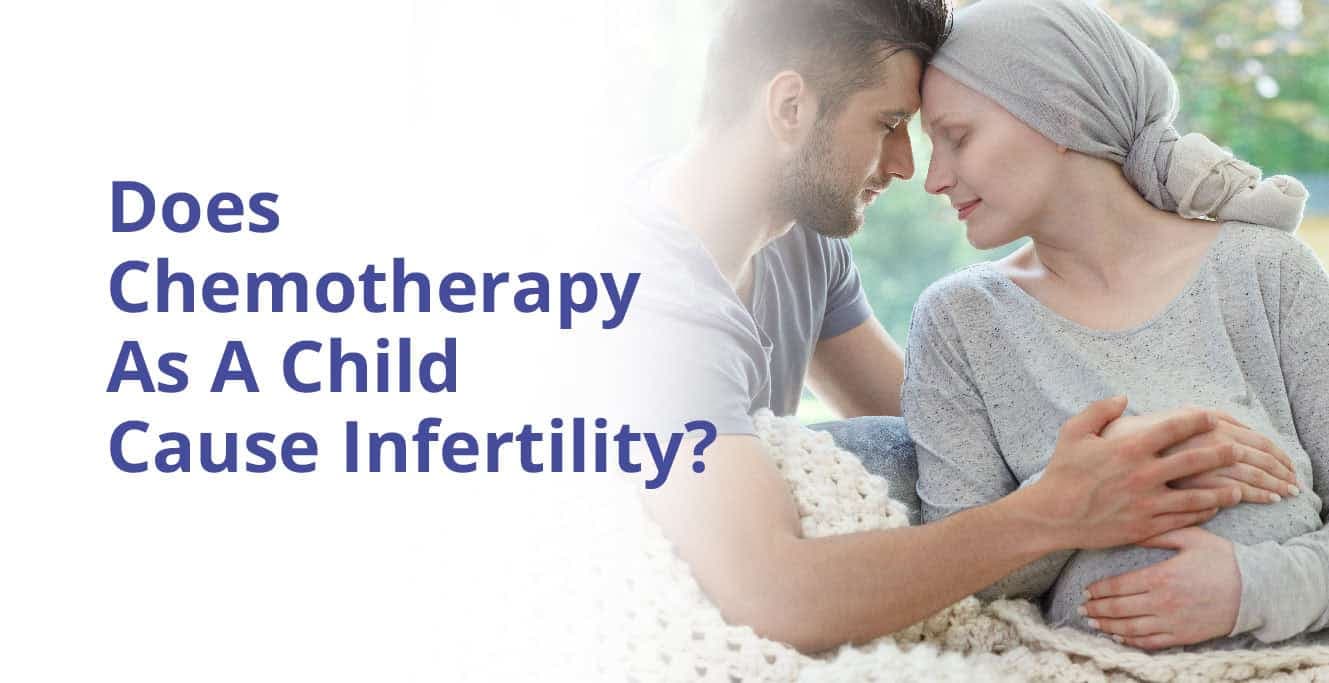
Childhood Cancer & Fertility: What Every Parent Needs to Know After Treatment

Table of Contents
A cancer diagnosis in a child is every parent’s worst nightmare. A battle no family is truly prepared to fight for. In India, it is estimated that 1 in 5 children get diagnosed with cancer every year, according to studies carried out by the World Health Organization (WHO)*. But with a strong drive towards early detection of cancer, the success rate of cancer survival among children has also improved significantly.
However, for many survivors, the journey doesn’t end when the cancer is gone. Why? Because cancer treatments come with side effects. One of the lesser-known but life-impacting consequences of cancer therapy during childhood is the potential effect on future fertility. Fertility might not be the first thing that comes to mind when you are focused on saving your child’s life, but it is a conversation that is important. Let’s know about it in detail.
How are Childhood Cancer and Fertility Correlated?
As already mentioned, while modern cancer treatments have improved the survival rates in children, they can potentially affect future fertility. This risk varies depending on the child’s age, type of cancer, and the specific treatment plan—such as chemotherapy, radiation, or surgery. Males and Females may be affected differently, and the impact can be either temporary or permanent.
This type of childhood cancer infertility is also known as late effects. It is important for parents to have open communication with their child’s oncologist to understand the nitty-gritty of the treatment that is being suggested. They must also ask questions related to side effects and alternatives related to fertility preservation. Compassionate, informed guidance early on can help families prepare for the future with greater confidence and clarity.
Fertility Risks for Children With Cancer
| Factor | Details |
| Type of Treatment | – Chemotherapy (with medicines that have high doses of alkylating agents)
– Radiation therapy – Surgery involving reproductive organs |
| Dose & Duration | The danger is increased by higher dosages and longer treatment periods. |
| Age & Developmental Stage | Children who are younger may be more susceptible; puberty status also matters. |
| Sex of the Child | – Boys: risk to sperm production
– Girls: risk to ovarian reserve |
| Area of Treatment | – Pelvis or abdomen: direct impact on reproductive organs
– Brain (affecting hormone production) |
How do Cancer Treatments Affect Fertility?
Different types of cancer treatments have different sets of side effects on the child’s fertility. Here is a closer look at how these treatments affect fertility:
Radiation Therapy-
This therapy uses high-energy radiation rays to target and destroy cancer cells. While it can save your child’s life, it may also offer health tissues nearby. These can also include the reproductive organs, like if the radiation is directed towards areas such as the abdomen, pelvis or spine, they can potentially harm the testes or the ovaries. Hence, it becomes utmost important to discuss the fertility preservation options with your child’s oncologist. It is natural to feel scared, but with the right guidance, even the toughest challenges can be faced with strength.
Effects on Male:
- Radiation therapy done near the testicles can damage sperm producing cells.
- May lead to low sperm count.
- It can cause a hormonal imbalance, resulting in delayed puberty.
- They can also affect fertility permanently.
- If the brain is targeted, then radiation can also harm the functioning of the pituitary gland. For those who don’t know why this gland is important, it plays a huge role in controlling testicular development and hormone levels.
Effects on Females:
- Radiation can affect the ovaries, decreasing the quality and quantity of eggs.
- It can cause irregular periods, delayed puberty, or loss of menstruation (amenorrhea).
- It can result in ovulation disorders.
- Radiation to the pelvis or abdomen may affect the uterus of the girl and could increase the risk of premature birth and miscarriages.
Chemotherapy-
This is one of the commonly advised treatments recommended to treat cancer. But does chemotherapy as a child cause infertility? Well, the presence of alkylating agents in chemotherapy can cause fertility issues in children. These drugs work by damaging the DNA of rapidly dividing cells, including the cancer cells. Unfortunately, they can also harm the healthy reproductive cells in the ovaries and testes. It can lead to reduced sperm or egg production.
Effects on Males:
- Chemotherapy can damage the cells that produce sperm, which could lead to low sperm count and poor sperm quality.
- In some cases, damage may be permanent, leading to infertility.
- Even if puberty hits on time and things seem to be normal, the reproductive function may still be impaired later in life.
- Long-term follow-up and fertility assessments are often recommended during adolescence or adulthood.
Effects on Females:
- Chemotherapy can harm the ovaries, which reduces the number and quality of eggs.
- There are several drugs that can also result in short-term effects leading to complications in the mensuration cycle.
- Higher doses of chemotherapy can lead to premature ovarian insufficiency (POI), where the ovaries stop functioning earlier than normal.
- Alkylating agents, when used in higher amounts, can cause permanent damage to a child’s reproductive health.
Note: To combat these problems, doctors typically prefer alkylating agents with lower dosages to reduce the risk of permanent damage. Being a parent, you should always have a transparent conversation to understand the potential complications of the advised cancer treatment.
Surgical Procedure-
In some cases, the cancer directly affects the child’s reproductive organs. To deal with such situations, when the cancer is not treatable, the doctor typically suggests the removal of the affected part of the organ through a surgical procedure. While this surgery is important to fight cancer, it will impact fertility. The surgery can make conceiving difficult for them in the future.
Effects on Males:
- If the surgery involves the testicles or the prostate area, then it can lead to physical damage.
- This can affect sperm production or the ability to ejaculate.
Effects on Females:
- Depending on the extent of the surgery, it can have a prolonged impact on egg production.
- At times, it can lead to hormonal imbalance.
- In some cases, the ability to carry a pregnancy in the future might be compromised.
Fertility Preservation Option
Thanks to medical advances, many children now survive cancer—but the effects of treatment can sometimes show up much later in life. These are known as “late effects”, and one significant concern among them is infertility. To think through and choose the best for your child, it is better to have a thorough discussion with your child’s doctor for a better understanding. If infertility is a potential risk of cancer treatments, then it is always a smart choice to know important options regarding fertility issues for the future. These situations can be hard, but it’s necessary that you are aware of all the side effects and the alternative treatments.
It will not only help you make a better decision, but also help your child understand the details in the future. Young children can get scared of cancer treatments after discovering their side effects, as sexuality and reproduction play a vital role in developing their identity. However, here are some preservation options that you can look at:
For Females
| Stage | Fertility Preservation Options |
| Before Puberty | Ovarian Tissue Cryopreservation (The ovarian tissue is removed and frozen, which contains immature eggs. It is still experimental but is showing promising results. |
| After Puberty | Egg Freezing or Oocyte Freezing (Mature eggs are extracted and frozen for further use), Embryo Freezing ( If the woman has a partner, then the embryos can be created and preserved) |
For Males
| Stage | Fertility Preservation Options |
| Before Puberty | Testicular Tissue Cryopreservation (Tissues that contain immature sperm cells are frozen. It is still experimental and not widely available.) |
| After Puberty | Sperm Banking- Semen is collected and frozen. |
Bottom Line
Cancer treatment can be complex when it comes to children. However, it is the best choice to speak to your children about the situation and involve them in decisions when necessary, as it’s about their future. They will feel aware and less scared when it comes to going for any recommended treatment. The above-mentioned article has explained the different procedures advised to treat cancer in children and how they affect their fertility health. If you are facing similar issues, contact us to speak to our fertility experts, who can advise you in making an informed decision about your child’s future reproductive health.
Our Fertility Specialists
Related Blogs
To know more
Birla Fertility & IVF aims at transforming the future of fertility globally, through outstanding clinical outcomes, research, innovation and compassionate care.
Had an IVF Failure?
Talk to our fertility experts

 Our Centers
Our Centers











